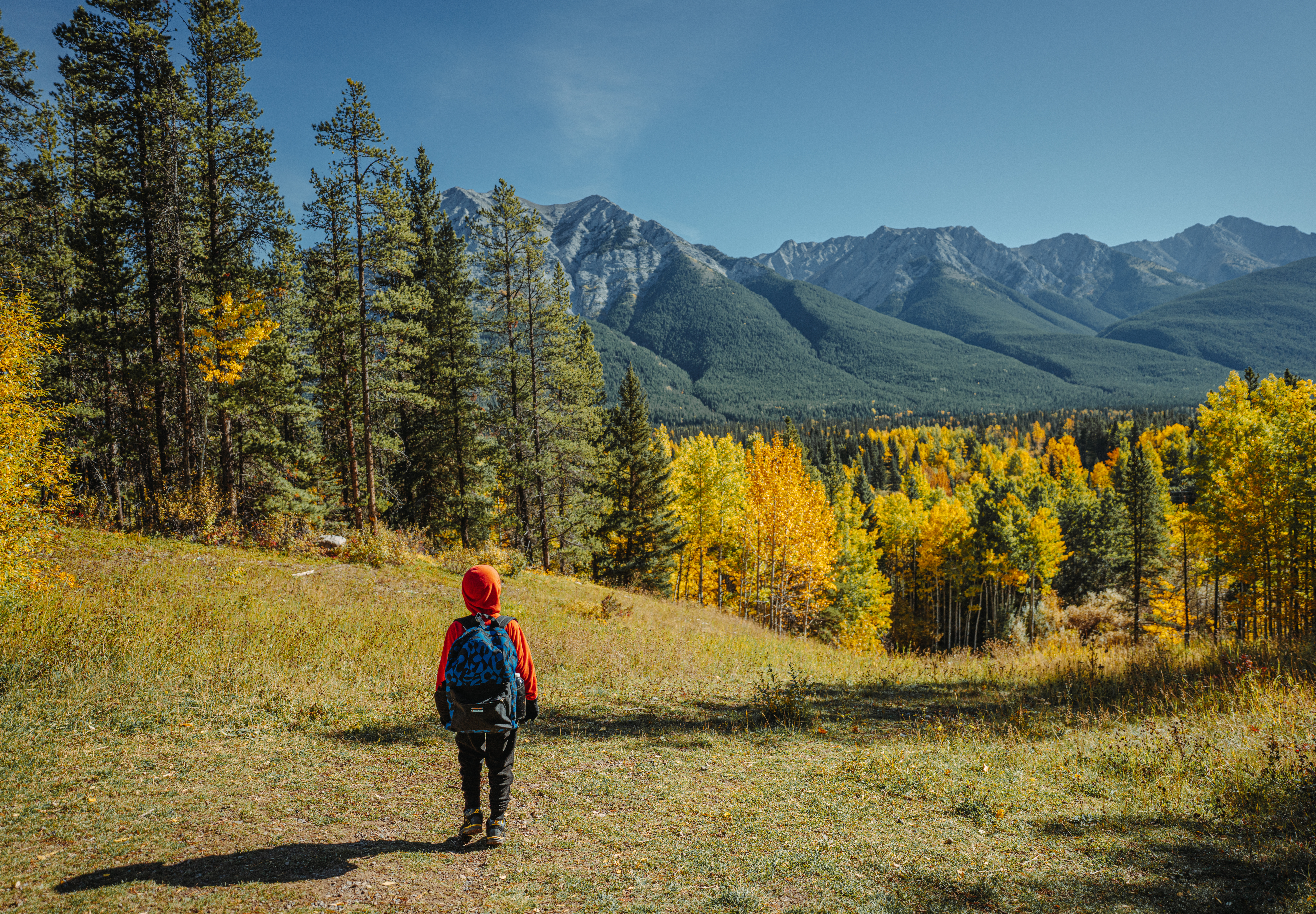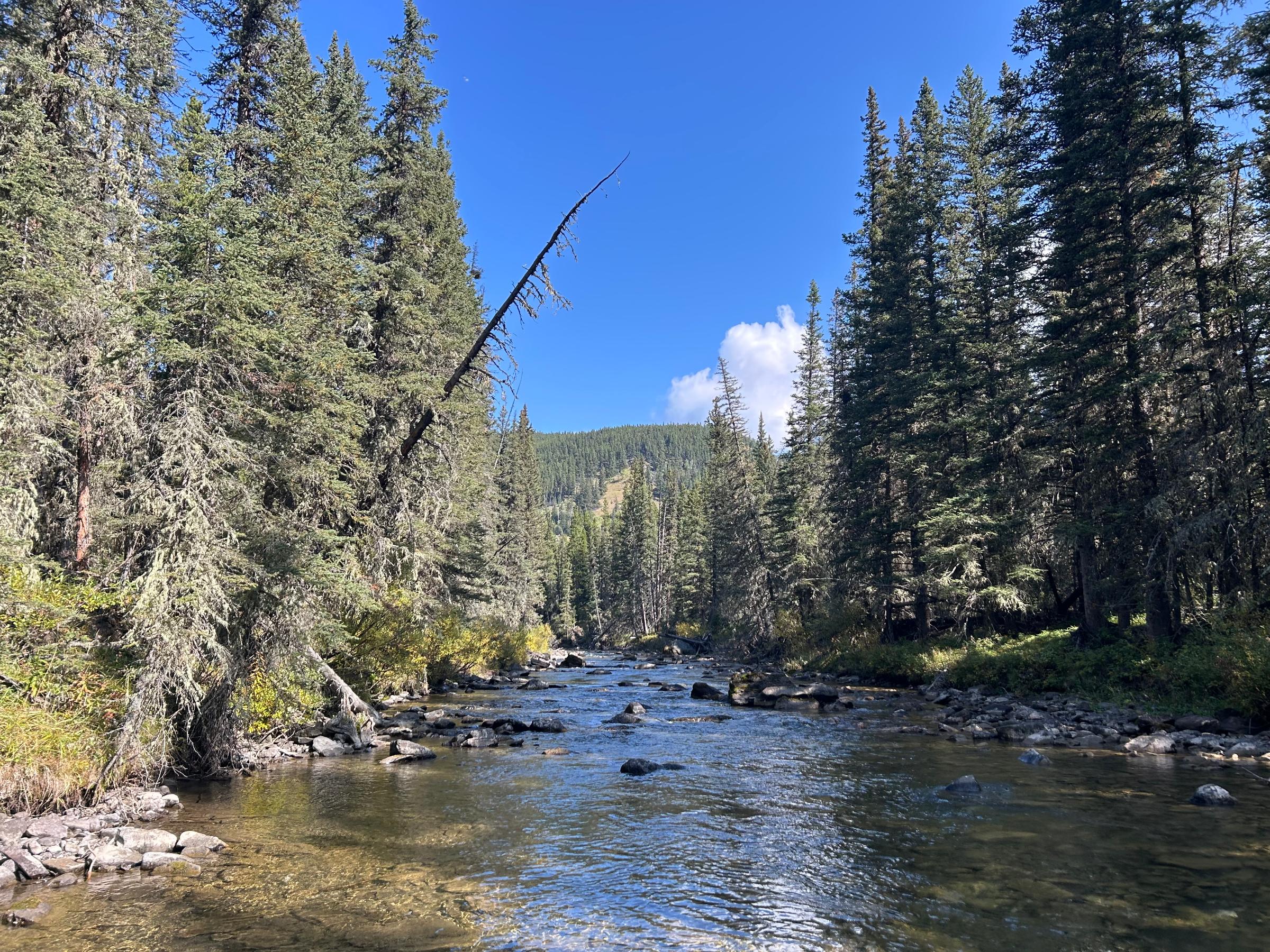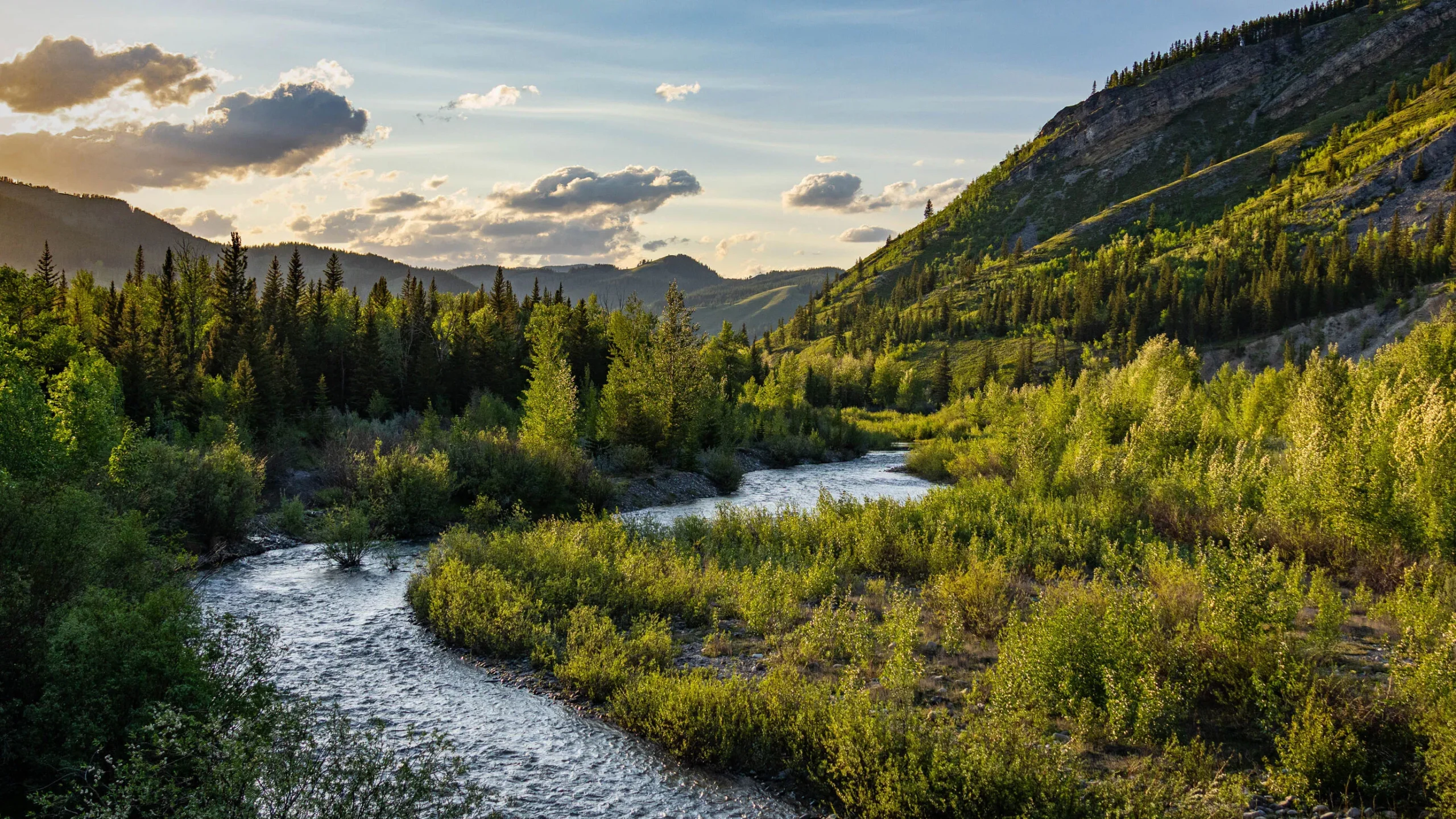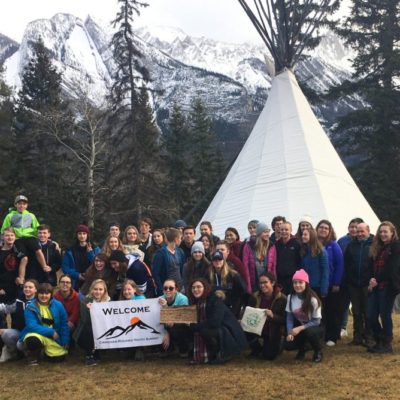Our own conservation engagement coordinator, Becky Best-Bertwistle, shares her insights from the first ever Canadian Rockies Youth Summit – held in Jasper, Alberta, November 2019 – where youth explored their own unique space within, and appreciation for, the Rocky Mountains.
When I first heard the idea of a student-organized Rocky Mountain Youth summit in spring 2019, I was excited. The grassroots project brought me back to myself as a teenager, growing up in a resource town just on the border of Jasper National Park. I craved space to understand the politics that were influencing the place where I grew up, and I wanted to learn how to effect change and influence the future of the landscapes where I had spent my whole life.
However, as is the case for many young people today, I was (and still am) unclear of the path for making a meaningful impact on policies that govern these landscapes.
In 2020, Parks Canada will be writing new management plans for the Rocky Mountain National Parks. Engagement strategies were developed at the Park Planning Forums and feedback was mostly gathered through selective invitation-only, in-person meetings and an online, time-intensive questionnaire. It’s a methodology that is not well suited to considering and incorporating diverse youth perspectives.
That’s why youth spent three days on a student-designed agenda for the Canadian Rockies Youth Summit in Jasper, learning from and with each other about topics relevant to the future of the Rocky Mountains. The 42 participants came from across Alberta—from Kainai in the south of the province all the way to Grand Cache in the north. They brought guests in to speak about conservation biology, Treaty law, park policy and advocacy.
To wrap up the conference, they started work on a collaborative Canadian Rocky Mountain Youth charter. This document will outline what they want to see for the future of management in the region, and how they believe climate change, reconciliation, wildlife, transparency and public engagement should be accounted for in management plans.
Bureaucracies like Parks Canada and elected governments overseeing our Rocky Mountains have done little to effectively and meaningfully engage students on these issues. Around the world, youth are demanding to shape their own futures and will not wait for the glacial pace of bureaucrats to catch up with them. Instead, they are actively making spaces to create and distribute their own ideas, and not relying on officials to make their voices heard. This was evident in the energy of students at this first annual Canadian Rockies Youth Summit.
Decision makers must take what these youth are saying seriously and incorporate their thoughts into management strategies, for the benefit of all who care about the future of the Rocky Mountains.
More News

New Plan for Parks Released

New Storymap: Widespread Erosion and Sedimentation in Critical Habitat


